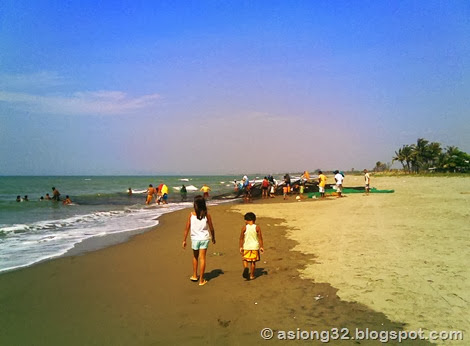If you have been fishing since your early childhood, you may believe you know everything you need to know about fishing. If you have not ever gone fishing you might think you do not know anything. Regardless of your experience level, there is always something new to be learned about fishing. Read on to find out more.
A great tip that all fisherman could use is to wear clothing similar to their surroundings. Although fish do not have good eyesight, they could be easily spooked when they see bright colors. It is best to wear earth tones.
In order to catch the most fish, make sure your hooks are very sharp. Without a sharp hook, there is a good chance the fish or even your bait could get away. Get your sharp hooks ready before you even go on your fishing adventure so you do not waste time.
You will need a sharp hook if you plan on fishing often. The hook is sharp enough to use if light scratches are produced when you drag the hook across your fingernail. If that does not happen, replace it or sharpen it if you wish to catch additional fish.
Live bait will usually give you the best chances of catching the most fish. Insects living near the water usually become fish food. Whatever bait is available on the shore is most likely to get a bite. A beautiful artificial lure will probably impress the fisherman a lot more than it will attract the fish.
A scale is a great tool to use when fishing. If you prefer to release fish after they are caught, you should be able to weigh them beforehand. You might change your mind about tossing the fish back!
Don’t just tie your hook to your line haphazardly; utilize the improved clinch knot. Put the fishing line through the hook and turn it five times. Then you take the end of the line and put it through the hole of the first coil. Tighten the knot by slipping the line through the loop and tugging gently on its end.
An excellent lure for the beginner looking to advance beyond worms is the spinnerbait. Spinnerbait work well when fishing in shallow water, shade or murky water. Usually bass is caught with spinner bait, but crappie also is caught on it sometimes.
Fishing Trip
Before setting out on a fishing trip, you must pack a few essential items. What you need to take with you depends greatly on your location. Sunglasses, hats, and sunblock should be included when packing for a fishing trip. If you want to fish in the wild, bring a compass, mobile phone and flashlight.
How much experience you have at fishing is irrelevant. Fishing is fun even if you aren’t a pro. Remember that everyone can improve their fishing skills. Just make a commitment to learning and focus on your goals.


